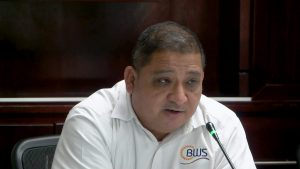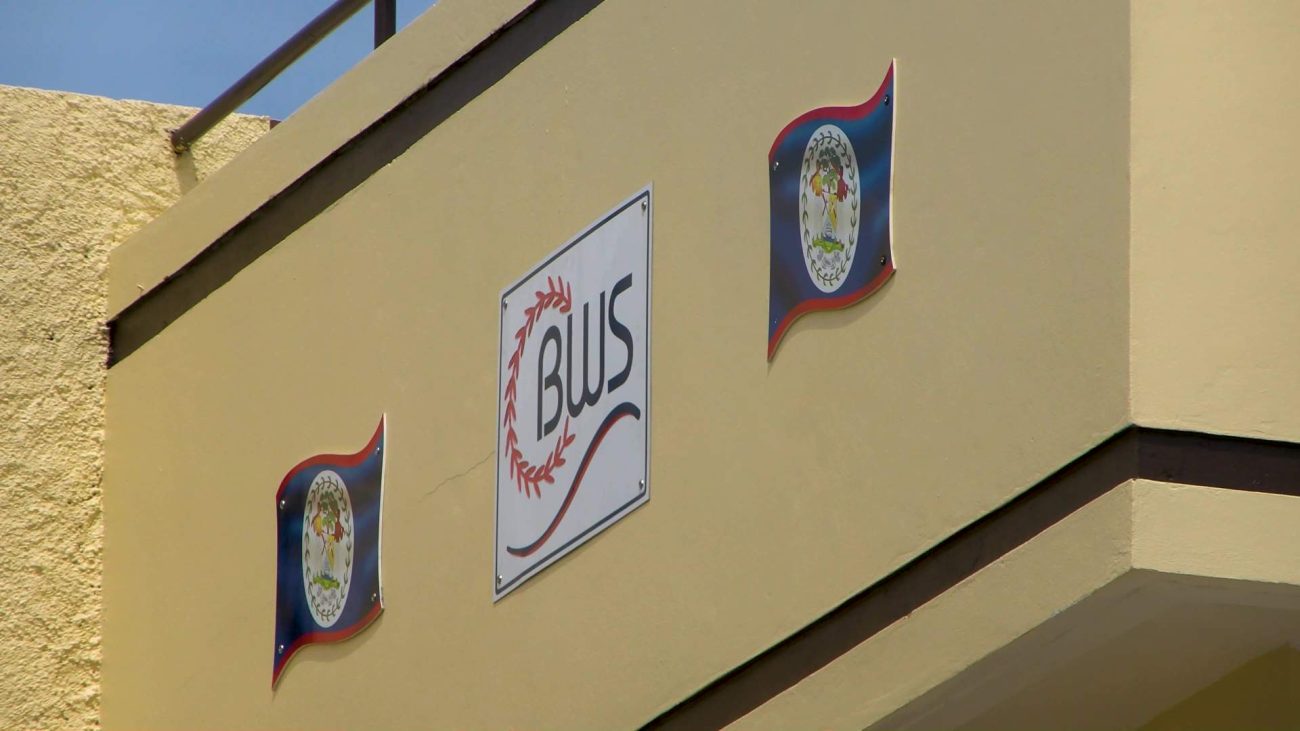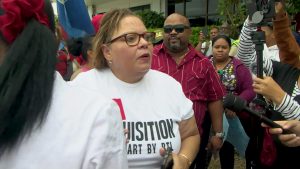How Does BWS Water Testing Differ from MICS7?
Belize Water Services Limited (BWS) has come forward to firmly dispel rumors of an E. coli outbreak within its water supply. BWS maintains that tap water remains safe and fully potable, as their supply undergoes rigorous daily testing. Additionally, the Statistical Institute of Belize clarified that the MICS7 survey that revealed the E. coli contamination in residential water supplies wasn’t designed to draw conclusions about national water quality or utilities like BWS, but rather, evaluate hygiene practices at home. So how does the BWS testing procedures differ from the survey’s analysis? Assistant Operations Manager AT BWS, Hugo Rancharan explains.

Hugo Rancharan
Hugo Rancharan, Assistant Operations Manager, Belize Water Services Ltd.
“Similar to MOHW, in which we do follow strict guidelines and protocols first of all, we have to ensure that, we use disposable gloves as our proper handling equipment. We disinfect the facet. We flush, we let it flow for two to five minutes. These, those procedures that I’m referring to. And then we collect the samples in a sterile plastic bottle. Then we replace that in a cooler with ice packs to maintain temperature, and then that is shipped to the lab for immediate. Now on the analytical side of it, we ensure that the environment in which we are gonna do the testing is very sterile as well. And then we do use similar methods, membrane filtration, and then they put that membrane filter in a penetration invert that, and then we incubate that in an incubator for after five degrees, for a minimum of twenty-four hours, and then use a microscope to count the number of bacteria that is similar to what MOHW does. And it does follow the standard protocol in terms of the southern metals for testing of water, waste water, which in which mentioned as long as, as well as other AWWA and alpha one US EPA especially, and of course. WHO.”






Facebook Comments